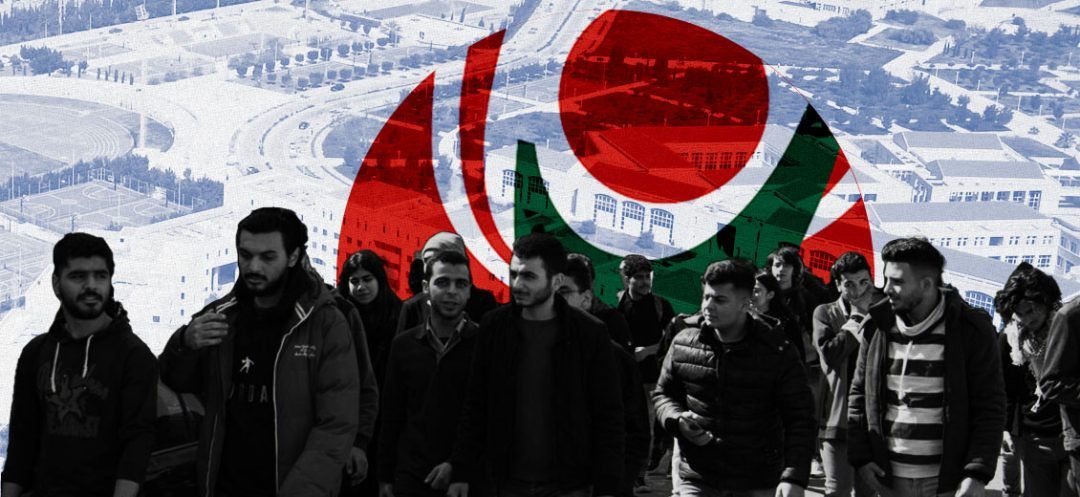
At the Lebanese University, passing the official certificate exam isn't enough: students must also face another 'Made in Lebanon' type of test that determines their professional future. Either their application receives political support, enabling them to pursue their dreams, or they succumb to reality and seek a new path.
University students in Lebanon are preparing for an academic year weighed down by worries, with many facing increasing obstacles that impact their educational journey. The economic crisis has nearly stripped them of their right to education, as private university tuition fees have surged, forcing many to migrate to public education. This has led students to flood towards the already neglected Lebanese University, which now accommodates more than 90,000 students across its 76 branches.
However, scandals at the Lebanese University continue to unfold. This year, thousands applied to various faculties, but only 15% of those applications were accepted. Fortune favors those with the strongest connections.
This favoritism applies to most faculties, where students require political backing to gain admission. Passing the official certificate exam is insufficient; they must also pass an additional test specific to Lebanon that determines their professional future. Either their application benefits from political support, allowing them to pursue their dreams, or they confront the harsh reality of searching for alternate paths.
Ehab, a student who completed his first year, did not anticipate leaving his university due to rising tuition costs. Previously enrolled in a private university studying information technology, he told Houna Loubnan: "After the university demanded $450 per month for the semester, I decided to transfer to the Lebanese University because my monthly income does not exceed $300, and I have no relatives abroad to assist me."
However, Ehab's challenges did not end there. After submitting his application to the Lebanese University’s Faculty of Technology and Information Management in Aley and taking a written exam, he suspects that sectarianism may hinder his ability to continue his education. According to information he received from within the university, he may be denied enrollment due to Lebanon’s problematic sectarian system.
Among the thousands of applications submitted, only 30 students, whose names were agreed upon in advance, will be selected.
Ehab's situation mirrors that of thousands of students in Lebanon facing similar fates, as private universities raise their fees and require students to pay more than 30% upfront at the start of the academic year.
When Houna Loubnan inquired about this situation, the Lebanese University’s Aley branch did not respond. However, sources confirmed that "the Lebanese University is currently facing the most difficult crisis since its establishment. Its budget is insufficient to cover operational expenses, chaos reigns, and political interference and sectarian quotas are eating it away, leaving the fate of thousands of students dependent on the decision of a party or political leader."
The sources added: "University students, who are already facing tough conditions due to their inability to cover education expenses, are now confronted with an even bigger dilemma that may prevent them from completing their education. Education at the Lebanese University is now reserved only for the privileged."
The sources see that "the scourge of favoritism and connections at the Lebanese University is deeply rooted, a problem that has remained unsolved for years and has now become a disease difficult to eradicate amidst entrenched and powerful corruption and the dominance of sectarian quotas."
Read more



Comments